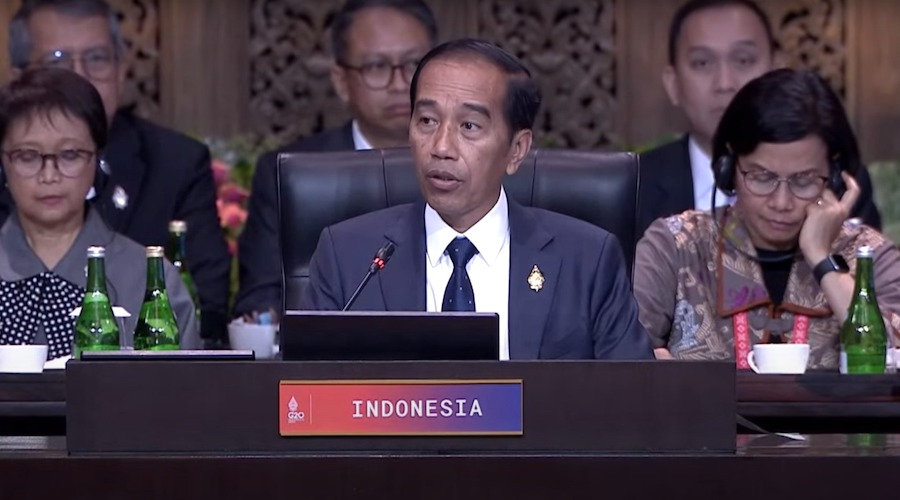Indonesia to allow exports of five raw minerals despite June ban

Indonesia will continue shipping some raw minerals for the next year despite a looming export ban, its mining minister told parliament on Wednesday, as companies rush to finish smelters to process the ore domestically.
The resource-rich country had planned to ban exports of all metal ore starting in June to encourage investment in the domestic processing industry.
But copper, iron ore, lead, zinc and anode mud from copper concentrates will be allowed to leave the country until May next year so smelters, many of which were delayed by the pandemic, would be ready to handle the materials, said Energy and Mineral Resources Minister Arifin Tasrif.
He said banning exports prematurely would cost the country revenue and jobs.
Companies can keep exporting if they pay export duties and if their smelters were at least half-completed as of January. But they will be fined for every month of delay, Arifin said.
Jakarta has said it would exempt copper miners Freeport Indonesia and Amman Mineral Nusa Tenggara from the ban as their smelter development was also disrupted by the pandemic.
Bauxite export ban
However, bauxite shipments will be stopped in June, Arifin said, since four existing smelters can absorb ores intended for export.
“By optimising the processing at these four smelters there would still be an additional export value of $1.9 billion … so the government would still get a net benefit,” he said.
But Ronald Sulistianto, chairman of Indonesian Bauxite and Iron Ore Companies Association, said there are only two operating bauxite plants in the country.
“We produce 30 million tonnes, where would this output go? If this cannot be absorbed, many would lose their jobs,” he said. Each smelter producing alumina from bauxite could only handle around 6 million tonnes of ore.
Arifin also noted that out of eight bauxite processing plants currently being built, seven were found to be “just open fields” despite progress companies saying they were up to 66% complete.
Ronald said these projects had seen little progress due to difficulty in securing financing, including from state-controlled banks that still see them as risky.
Indonesia in 2020 banned exports of nickel ore, rattling global markets. But the policy resulted in massive inflows of smelter investment and helped boost the value of exports from Southeast Asia’s largest economy.
(By Fransiska Nangoy; Editing by Kanupriya Kapoor)
{{ commodity.name }}
{{ post.title }}
{{ post.date }}




Comments